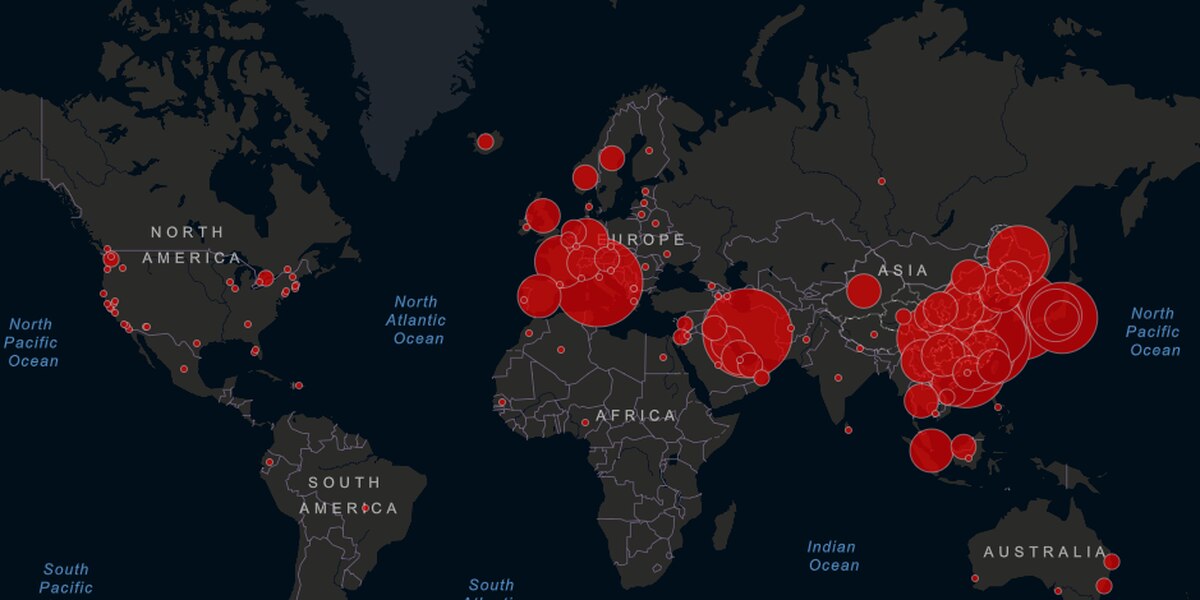As two years since Brits voted for Brexit is checked off the calendar, the thick tar of inequality still hampers efforts to create a wellbeing economy. So it is good that economic inequality has been in the headlines for many years now. We’ve seen presidents decry it. NGOs campaign against it. Academics calculate the scale of it. Business leaders profess their concerns about it. And people have protest and vote in exasperation at it.
There seems to be a settled – almost – acceptance that levels of income and wealth inequality are unacceptably high. And that such levels do serious harm – to people across the income spectrum, to the functioning of society, to democracy, to innovation and institutions, to economic activity, and to the environment.
Some policies have been enacted which poke at the problem: increases in minimum wages; crackdowns on tax evasion and avoidance; transfers to those whose income is inadequate; even taxes on companies paying steep multiples between highest and lowest paid. Too often these are isolated instances – or they are not implemented with the vigour necessary to bring about change anywhere other than at the margins.
From our partners:
And so the economy keeps on generating wealth for the wealthy. It keeps on churning out extraordinary rewards for those who are fortunate to own financial assets or to sit in the leather seats of executive offices. It keeps bearing down on those cleaning those offices and working to create the financial value that gets siphoned off to those owning the shares.
This is an economic system in which rewards are skewed to a certain type of individual, typically those who operate industries that benefit from monopoly rents (such as Carlos Slim’s ownership of telecoms in Mexico) or those whose inheritance or connections mean they started life standing on a pile of financial resources or have been able to shape policies that make wealth easier to amass. And it benefits those who have money ‘spare’ and choose to put those spare dollars and pounds and euros into activities that will earn them more money than most people will earn in a llifetime Just by clicking the ‘buy’ button on their share trading app.
But what if the tables were turned? Is it possible to imagine a configuration of the economy where the rewards don’t flow to the rentiers, but to the rest of society? Where more wealth went to those who generated it rather than to those whose position as a shareholder ostensibly gives them greater access to the pool of financial value created by workers, by suppliers, by women outside the marketised economy, and of course by nature itself?
In that situation, where those creating the value got most, where more people owned the economic assets themselves, and where returns were better aligned to input of effort, would some level of economic inequality be OK?
Clearly not the sky high levels now – because by definition if there is a better spread of ownership and if rewards no longer follow rent then it would be impossible for a few people to hoard as much they do now.
But would divergences in economic fortunes be acceptable if the economy was geared up to reward social value rather than extractive activities?
If the work that is done in the care economy – which is so core to that of the marketised economy – was recognised and rewarded?
And if, on the other hand, people who extracted the most also paid in the most, for example, if those doing most polluting had to dig deepest into their pockets and those using more natural resources than others were footing more of the bill?
Maybe, in such circumstances, inequality would be OK? If the economy was one where prices reflected the true cost of producing something. If rewards were about work rather than rents. If ownership was shared rather than commandeered by a few whose existing wealth means their money makes more for them than most people can earn by working.
This would be a vastly different economy from that of today. It would be an economy that cultivates wellbeing – where collective wellbeing is the primary goal, at the forefront of policy making in corridors of parliaments and in the board meetings of businesses. It would take account of nature to the extent that the environment is cherished, rather than simply deemed an input to be drained.
And yes, there would be some inequality – but it would follow the lines of social value and environmental harm: those bringing more of the former would get more and those doing more of the latter would give more.
Of course, such an economy is yet to be realised. Many are working on bringing it about – and are increasingly linking up as the Wellbeing Economy Alliance so as to better connect and amplify their work.
But until we have created a wellbeing economy, it is probably best to carry on advocating against inequality because it still reflects a rigged system rather than one that puts people and planet first.
This article is written by Katherine Trebeck & originally appeared in openDemocracy.
















